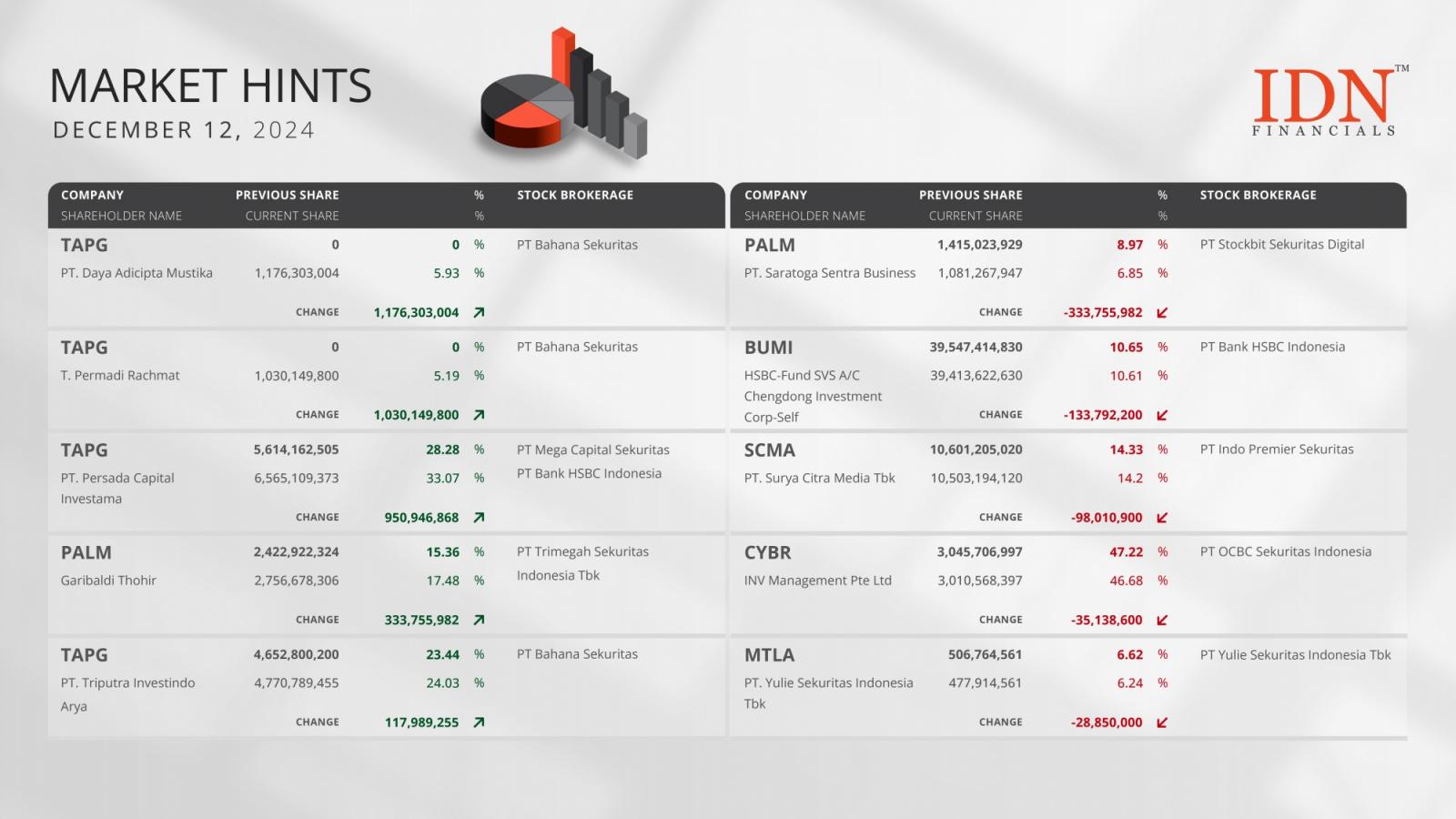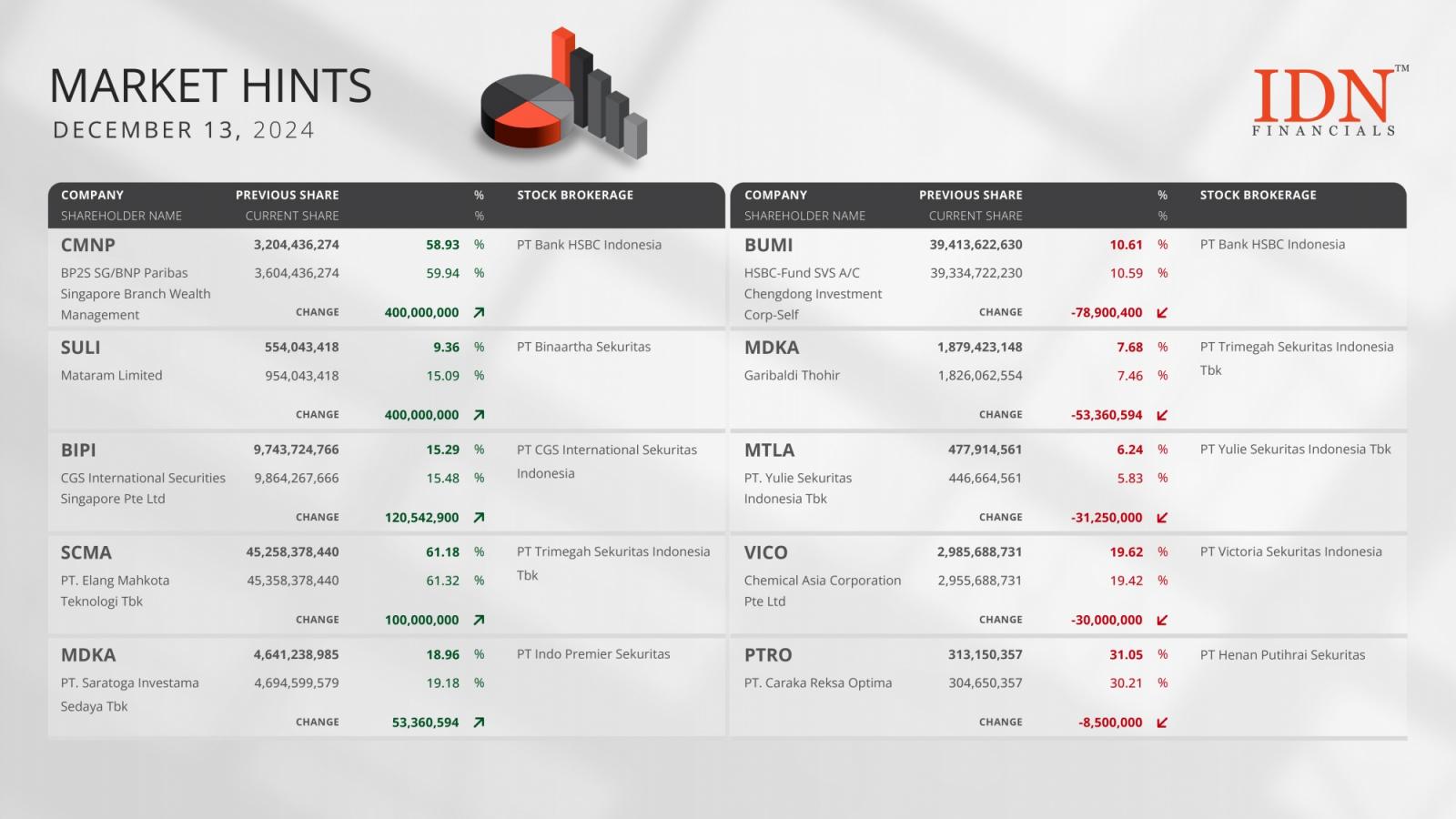Stocks offer investors the greatest potential for growth(capital appreciation)over the long haul.Investors willing to stick with stocks over long periods of time,say 15 years,generally have been rewarded with strong,positive returns.
But stock prices move down as well as up.There’s no guarantee that the company whose stock you hold will grow and do well,so you can lose money you invest in stocks.
If a company goes bankrupt and its assets are liquidated,common stockholders are the last in line to share in the proceeds.The company’s bondholders will be paid first,then holders of preferred stock.If you are a common stockholder,you get whatever is left,which may be nothing.
Even when companies aren’t in danger of failing,their stock price may fluctuate up or down.Large company stocks as a group,for example,have lost money on average about one out of every three years.If you have to sell shares on a day when the stock price is below the price you paid for the shares,you will lose money on the sale.
Market fluctuations can be unnerving to some investors.A stock’s price can be affected by factors inside the company,such as a faulty product,or by events the company has no control over,such as political or market events.
Stocks usually are one part of an investor’s holdings.If you are young and saving for a long-term goal such as retirement,you may want to hold more stocks than bonds.Investors nearing or in retirement may want to hold more bonds than stocks.
The risks of stock holdings can be offset in part by investing in a number of different stocks.Investing in other kinds of assets that are not stocks,such as bonds,is another way to offset some of the risks of owning stocks.
How to buy and sell stocks
You can buy and sell stocks through:
A direct stock plan
A dividend reinvestment plan
A discount or full-service broker
A stock fund
Direct stock plans.Some companies allow you to buy or sell their stock directly through them without using a broker.This saves on commissions,but you may have to pay other fees to the plan,including if you transfer shares to a broker to sell them.Some companies limit direct stock plans to employees of the company or existing shareholders.Some require minimum amounts for purchases or account levels.
Direct stock plans usually will not allow you to buy or sell shares at a specific market price or at a specific time.Instead,the company will buy or sell shares for the plan at set times—such as daily,weekly,or monthly—and at an average market price.Depending on the plan,you may be able to automate your purchases and have the cost deducted automatically from your savings account.
Dividend reinvestment plans.These plans allow you to buy more shares of a stock you already own by reinvesting dividend payments into the company.You must sign an agreement with the company to have this done.Check with the company or your brokerage firm to see if you will be charged for this service.
Discount or full-service broker.Brokers buy and sell shares for customers for a fee,known as a commission.
Stock funds are another way to buy stocks.These are a type of mutual fund that invests primarily in stocks.Depending on its investment objective and policies,a stock fund may concentrate on a particular type of stock,such as blue chips,large-cap value stocks,or mid-cap growth stocks.Stock funds are offered by investment companies and can be purchased directly from them or through a broker or adviser.
Understanding fees
Buying and selling stocks entails fees.A direct stock plan or a dividend reinvestment plan may charge you a fee for that service.Brokers who buy and sell stocks for you charge a commission.A discount brokerage charges lower commissions than what you would pay at a full-service brokerage.But generally you have to research and choose investments by yourself.A full-service brokerage costs more,but the higher commissions pay for investment advice based on that firm’s research.
Avoiding fraud
Stocks in public companies are registered with the SEC and in most cases,public companies are required to file reports to the SEC quarterly and annually.Annual reports include financial statements that have been audited by an independent audit firm.Information on public companies can be found on the SEC’s EDGAR system.






